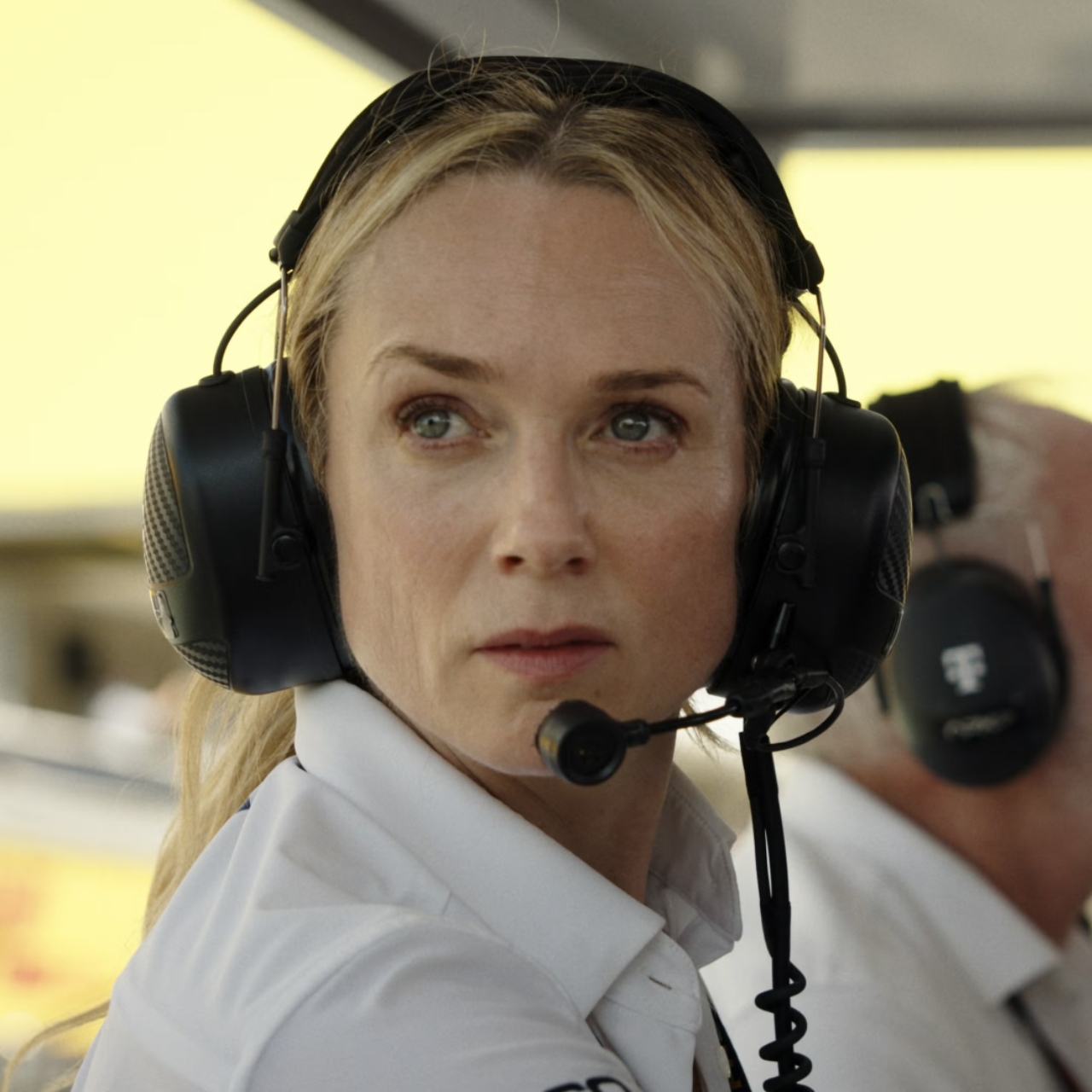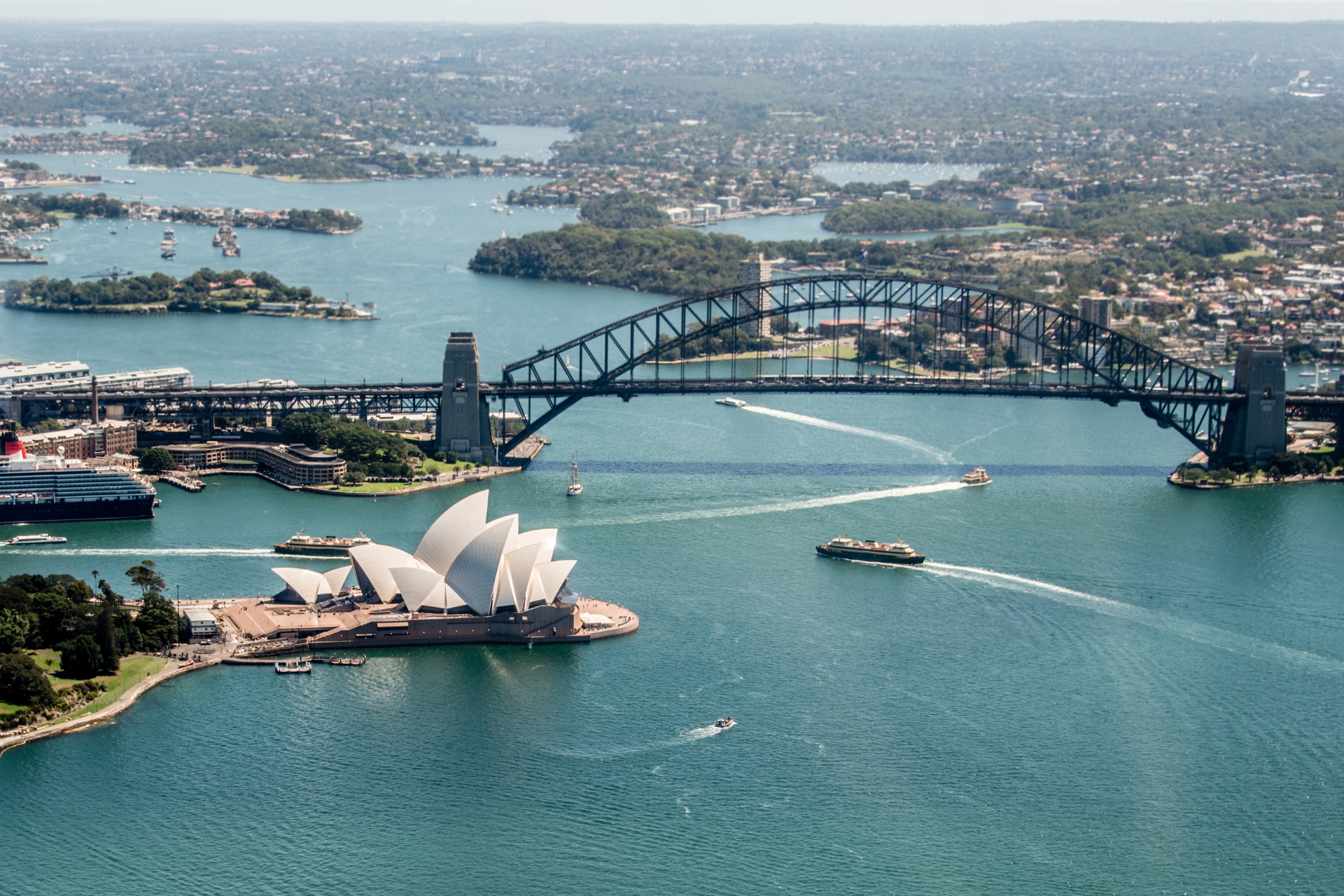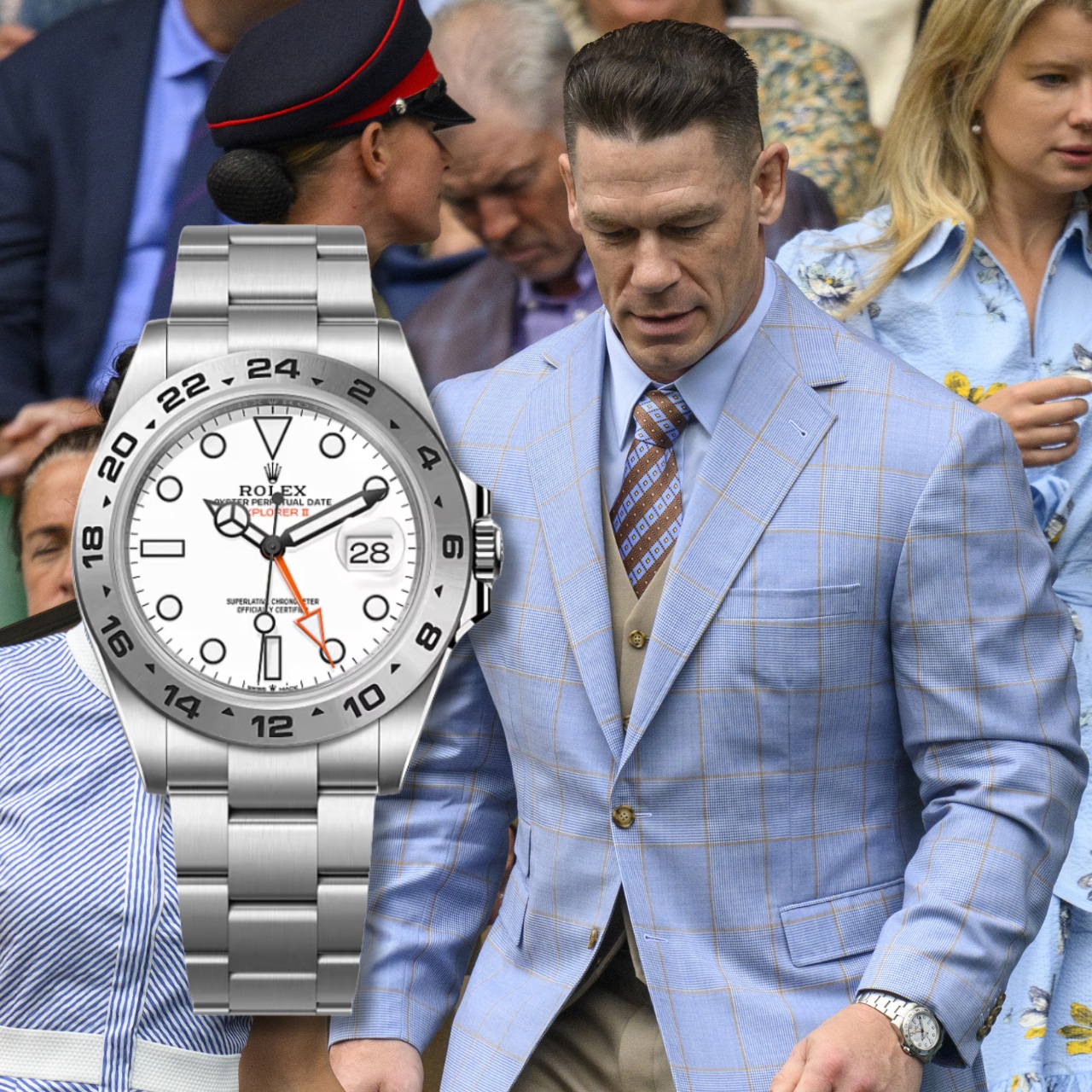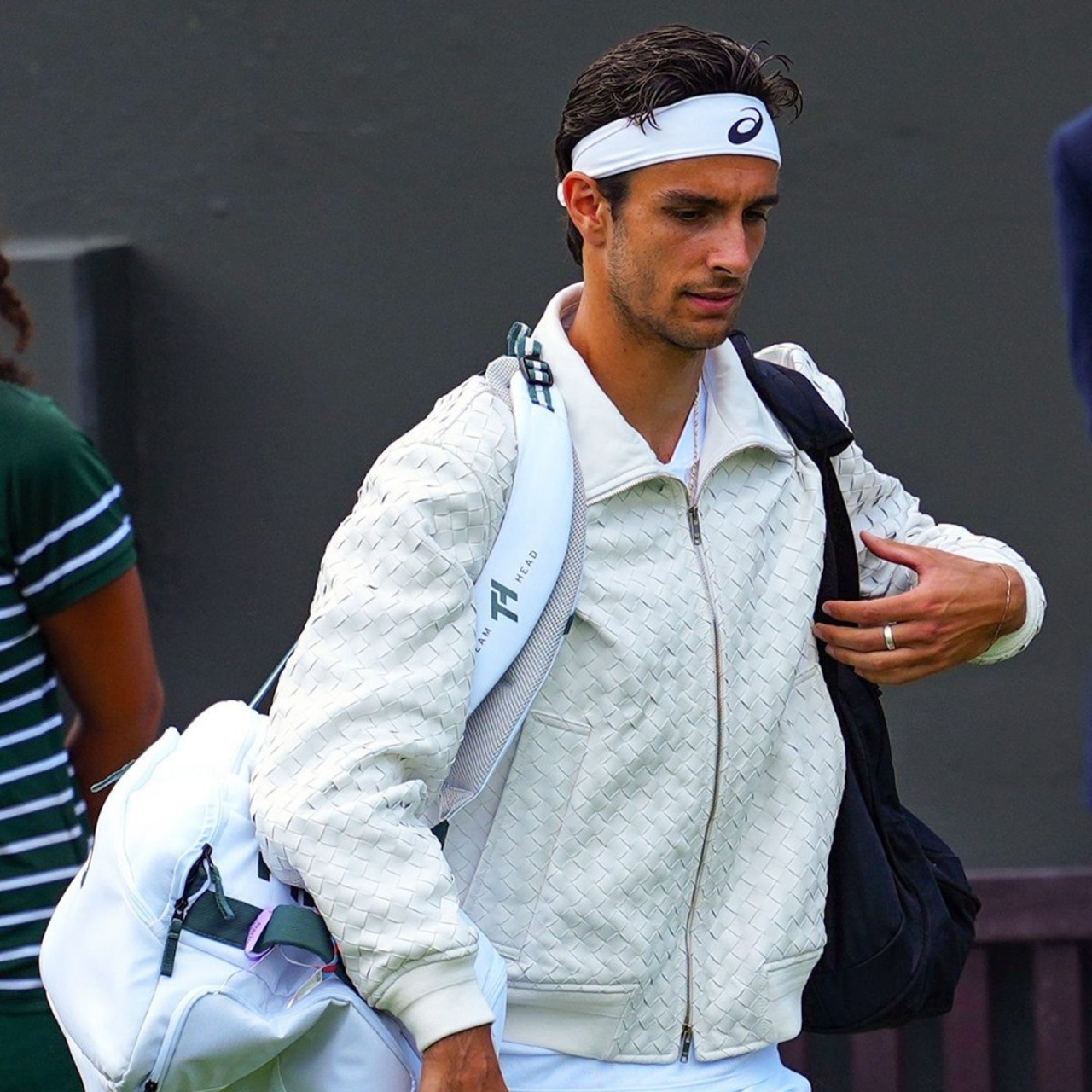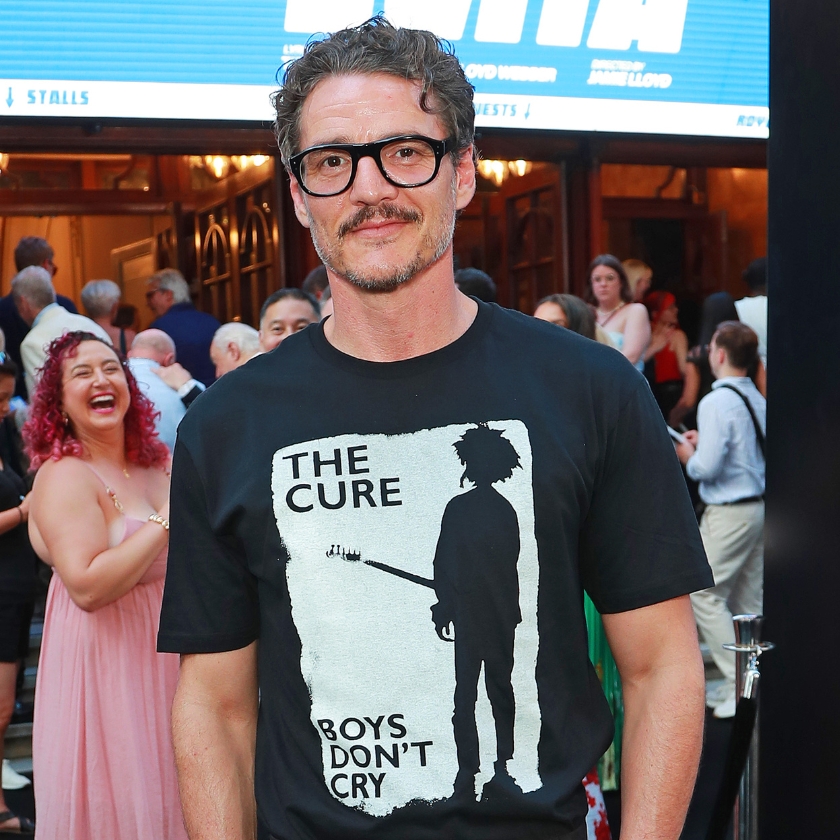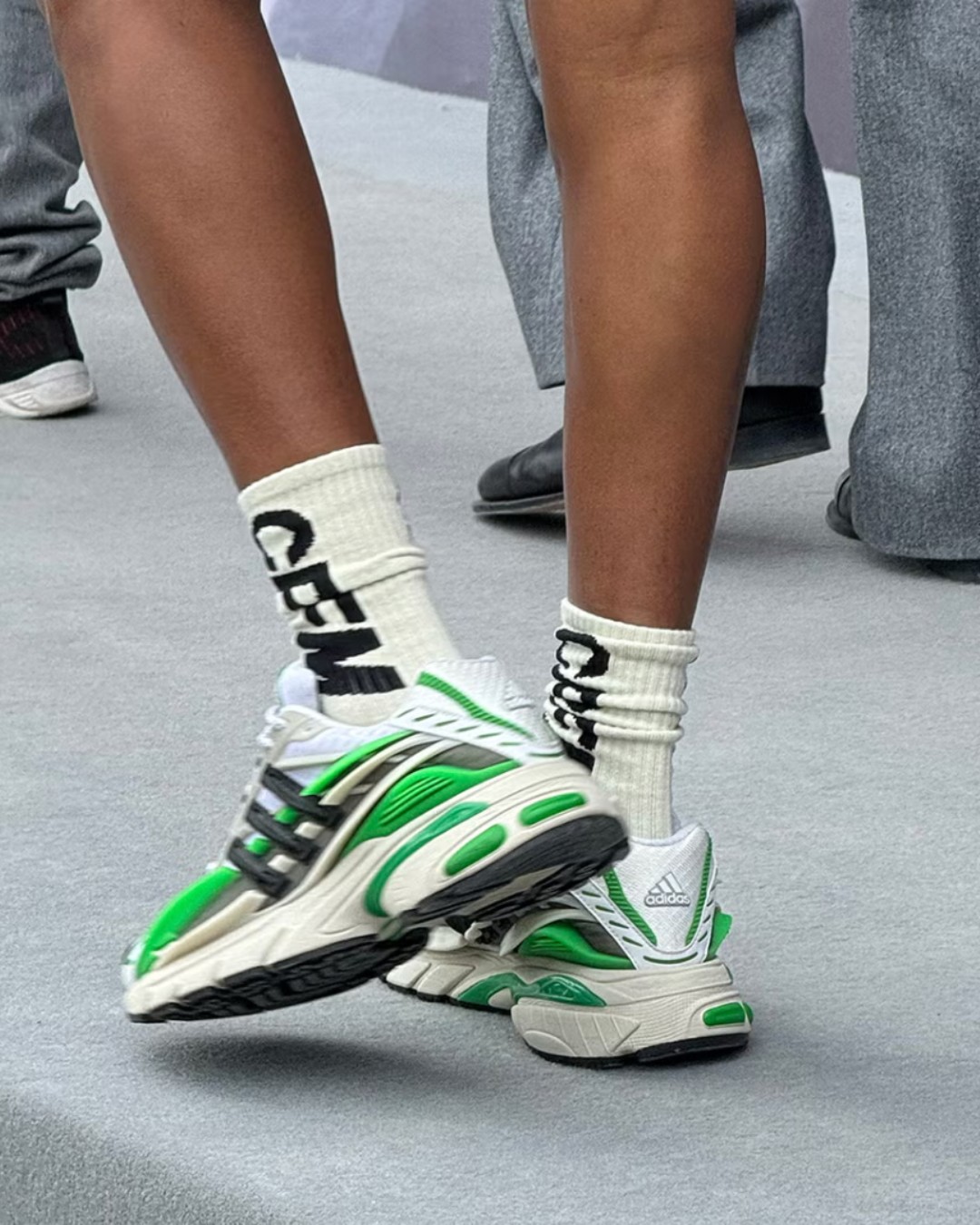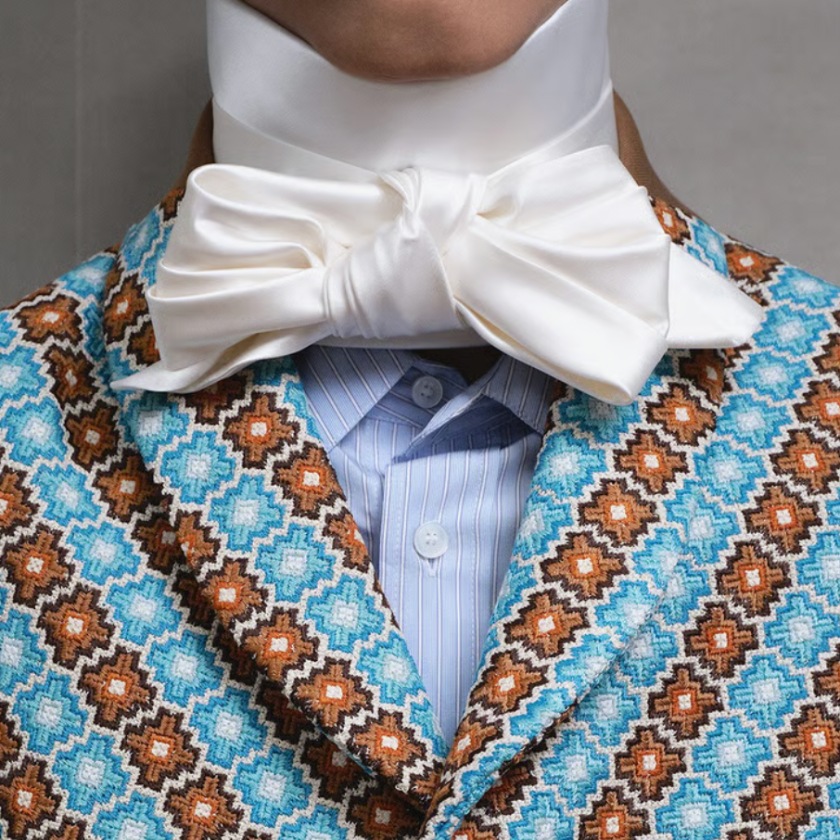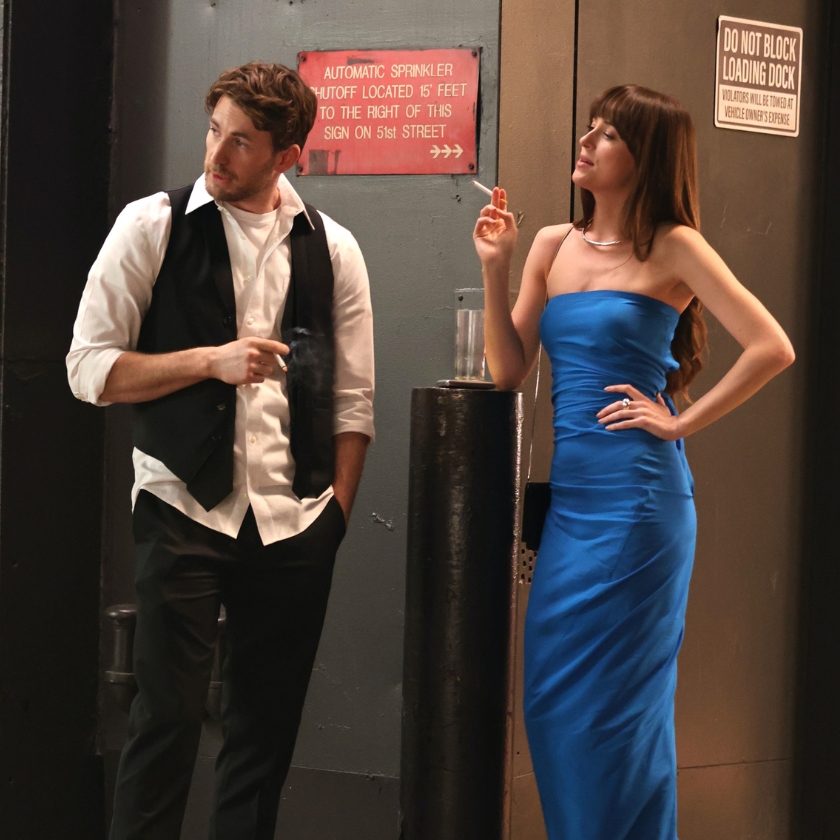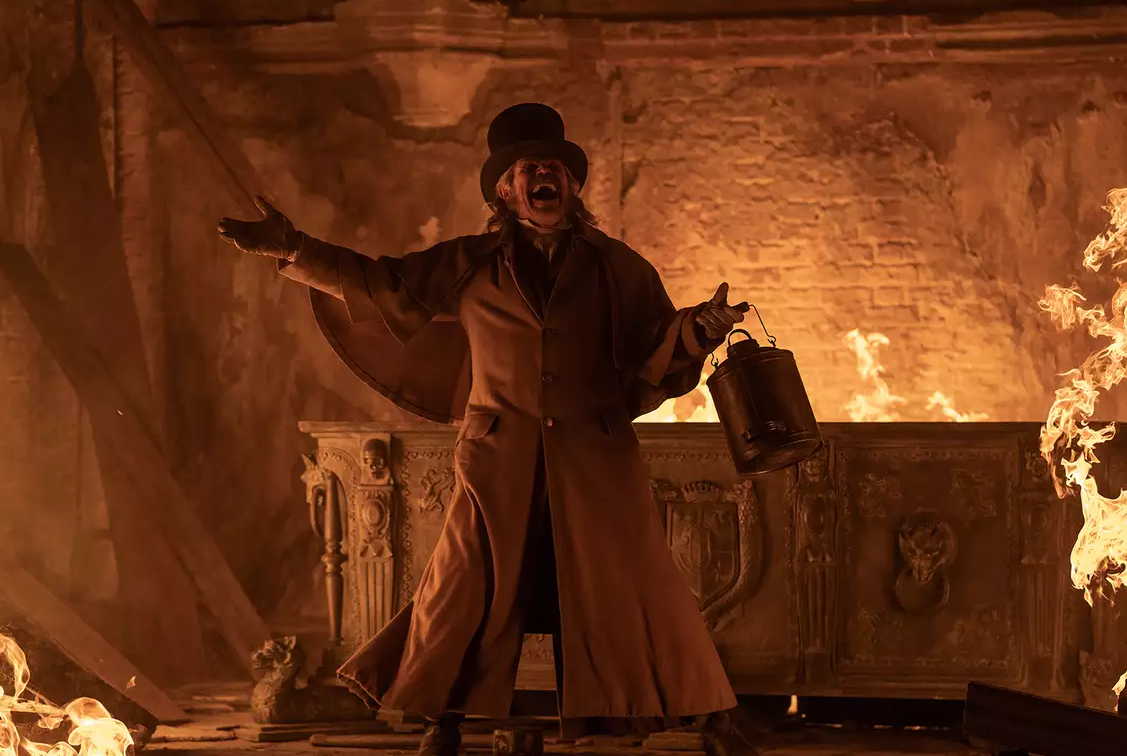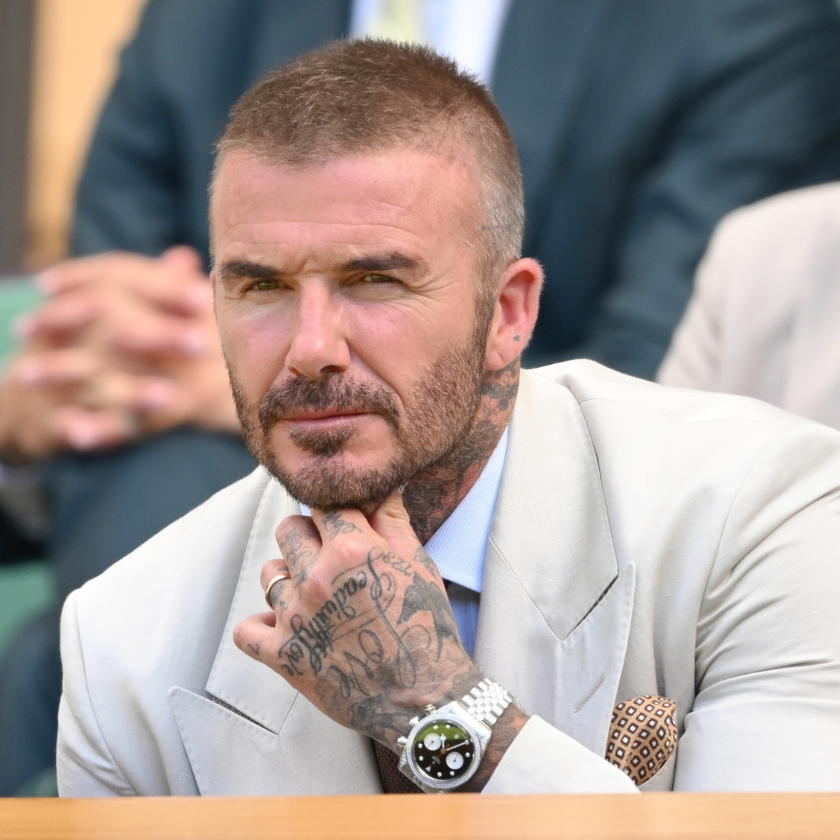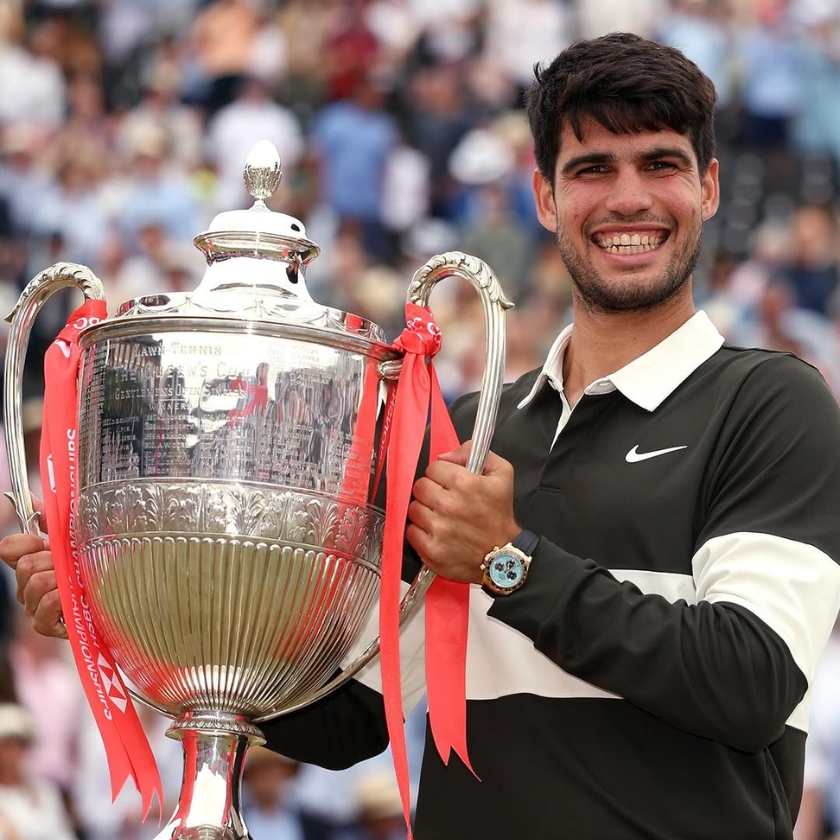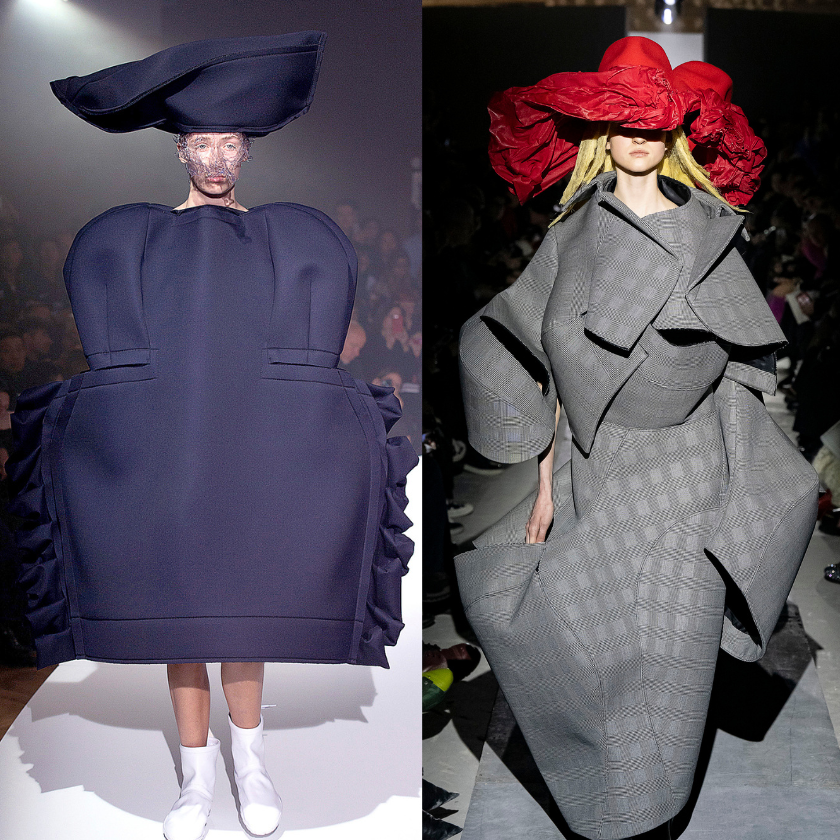The Olympic Games and the power of an athlete’s ‘aura’
Aura, or charisma, is difficult to quantify, though we all know it when we see it. And on no stage does athlete aura have more currency than the Olympic Games
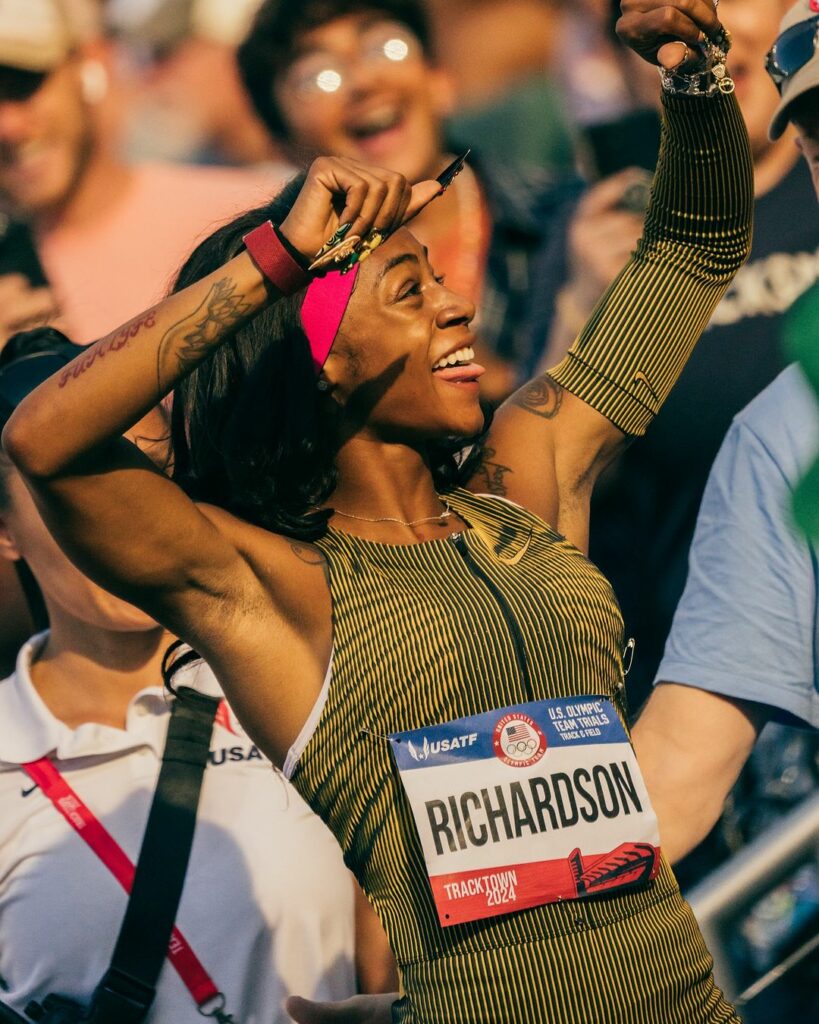
LAST WEEK, BOSTON CELTICS and Team USA basketballer Jayson Tatum found himself in the social media crosshairs for something that’s largely out of his control: his ‘aura’, or rather, his lack of it.
Specifically, former New York Knicks star Carmelo Anthony drew a comparison between Tatum and his Team USA teammate, Anthony Edwards, while discussing their respective cases to be considered the next face of the NBA. The deciding factor, Melo said, was aura.
“The reason why we put Anthony Edwards there is because of his aura. If JT had that aura, it’s over,” Anthony said.
ESPN analyst and walking mouthpiece, Stephen A. Smith, backed Melo’s claim, saying on his show: “He’s right. You have certain guys that they’re just about their business, grab my lunch pail, show up to work, handle my business, do my job, then go home – that’s a lot of players. But then you have special dudes that you can tell gravitating to being the marquee. They want to be the marquee; they want to be the people you’re looking at, the headline, to steal the show, the attention; they want the allure, the acclaim, and all that comes with it. This is what they want.”
It is also, you could argue, what we, the paying public, want to see. As someone who wishes they had more of an aura – commonly defined as star power – but is hampered by a fatal lack of charisma, I sympathise with Tatum, while finding ‘Ant’ irresistible. That they are now teammates on Team USA, a team full of aura-rich athletes, should make for interesting viewing over the next two weeks.
The truth is, regardless of how much Tatum fills the stat sheet, it will only take one thunderous dunk by Ant over a 7-foot Eastern European behemoth, followed by some requisite chest-thumping histrionics, to light up social media, cementing his status as the team’s most charismatic star.
Of course, he does have stiff competition for that title – LeBron James is among the most recognised athletes on the planet, the USA’s flag bearer and arguably the NBA’s GOAT. Similarly, Steph Curry’s long-range bombing and unselfconscious celebrations – the shimmies, the put-to-sleep gestures, the pointing at his ring finger to silence a hostile Boston crowd – have made him among the modern NBA’s most captivating attractions. Meanwhile, Tatum keeps quietly racking up stats and – just a small thing – winning an NBA title.

The Olympics, of course, are a showcase for athletes of all kinds, a forum where underpaid amateurs mix with gilded superstars – well, they kind of mix; Team USA is staying at the historic Palais Brongniart, Paris’ former stock exchange building commissioned by Napoleon in the early 19th century. Previously at Olympic Games, the team has taken out floors of five-star digs, rather than deign to slum it in the Olympic Village.
But you don’t necessarily need jaw-dropping contracts and country-sized social media followings to have an aura, though there are some sports that lend themselves to its expression. As well as basketball, sprinting is the most obvious example and Usain Bolt perhaps the all-time aura GOAT, at least, in track and field. His joyful interactions with the crowd and pre-finish line celebrations elevated him to a rarefied plane few have ever reached. But here’s the thing: Bolt’s charismatic showboating was undergirded by supreme talent, an equation that needs to be tallied for an athlete to truly capture the imagination. Tatum has one of those things. Ant, with his young Michael Jordan impersonations, potentially has both. Yet it’s Tatum who has a ring.
At Paris 2024, the athlete possessing the most natural aura might be the irrepressible Sha’Carri Richardson, a track phenomenon boasting a personality the size of a small planet, an indomitable sense of self-belief and a fierce determination to succeed after missing the Tokyo Games following a cannabis suspension. If she wins gold in Paris, her coronation will be complete.
Similarly charismatic is Simone Biles, the GOAT of gymnastics and subject of a recent Netflix documentary. Already an incandescent personality with unparalleled skills, if you throw in the comeback story following her much-publicised battle with the ‘twisties’ in Tokyo, you have an athlete whose aura could power a medium-sized city.
Among the Aussies, past and present, Ian Thorpe had a sizeable aura. While not a giant personality by any means, Thorpe’s poolside presence carried with it a quiet nobility that was difficult to ignore. American 400m swimmer, Katie Ledecky, also has a touch of this. Once again, though, the power of Thorpe and Ledecky’s personalities is augmented by their otherworldly talent.
Cathy Freeman left the Earthly realm during the 400m final in Sydney 2000 – in that moment her aura burned as bright as any Australian athlete’s has ever done. Prior to that, Kieran Perkins’ famous lane-8 victory in Atlanta in 1996 was elevated by his raised index finger, a gesture that catapulted his aura rating through the roof and sent spectators watching across the country into hysterics.
These athletes stand in contrast to those in less glamorous team sports – the Australian men’s hockey team, for example, despite being a perennial medal contender, is largely an aura-free zone.
Which brings us to crux of the issue – yes, this is an issue. Idolatry, often inspired by an athlete’s aura, is a potentially hazardous pastime for spectators to indulge in. I remember fist-pumping as Canadian sprinter Ben Johnson defeated his arch-rival, Carl Lewis, at the Seoul Olympics, only for it to all fall apart a few days later, when Johnson was busted for steroids.
To be seduced by an athlete’s aura inevitably invites the possibility of disappointment. At the same time, deeds speak louder than meme-able press conference quips and crowd-pleasing theatrics. Analytics and statistics, meanwhile, are usually a better metric to evaluate talent than instinct.
And yet, as these Games begin, many of us will toss rationality aside, happily bewitched by athletes in possession of that rare combination of personality and skill and the possibilities they represent. Not least among those is the chance to feel like a kid again.
Related:












